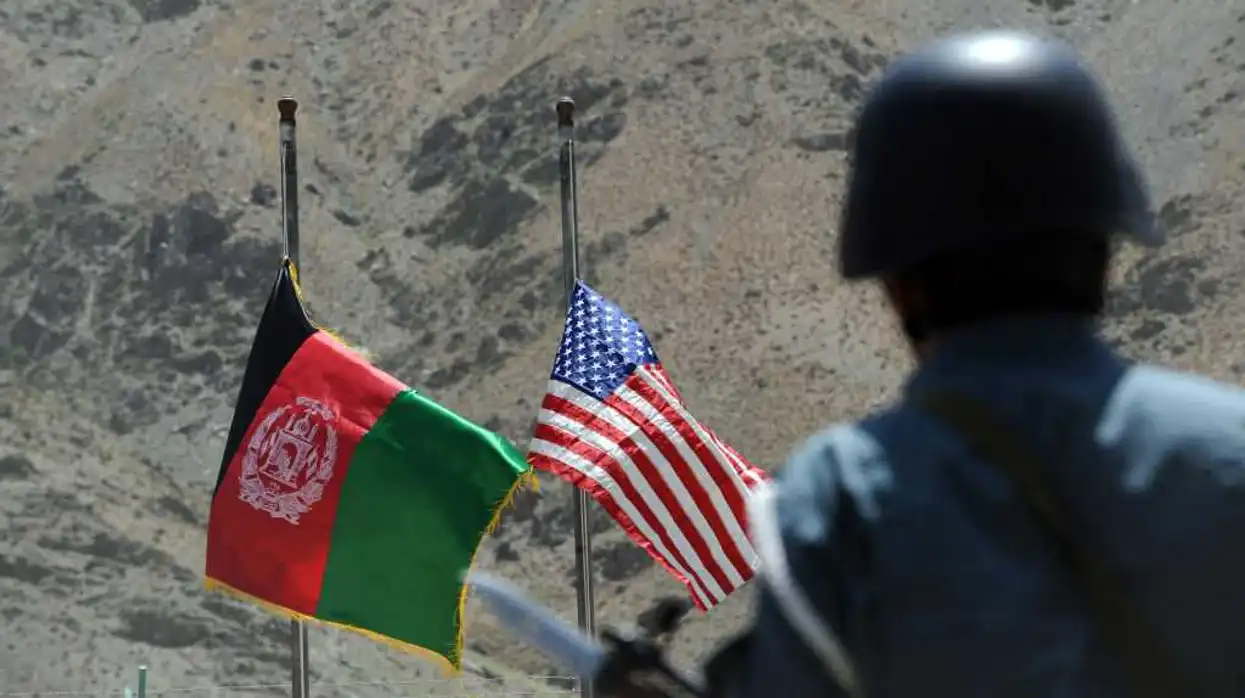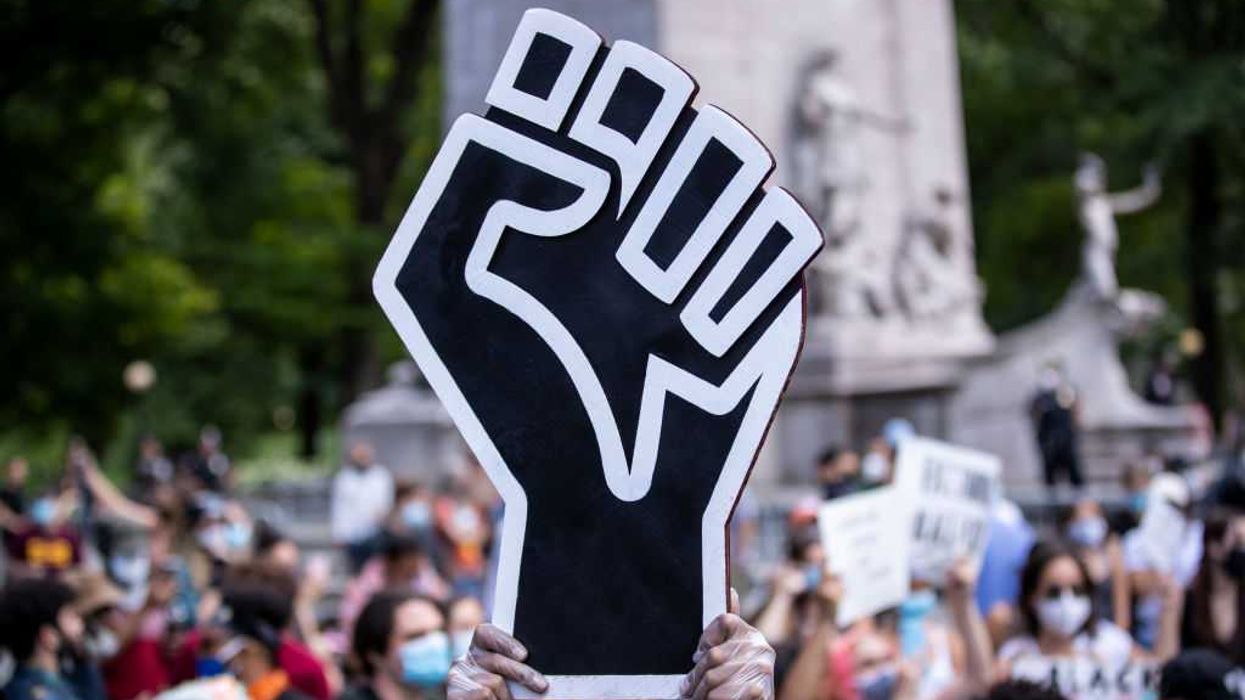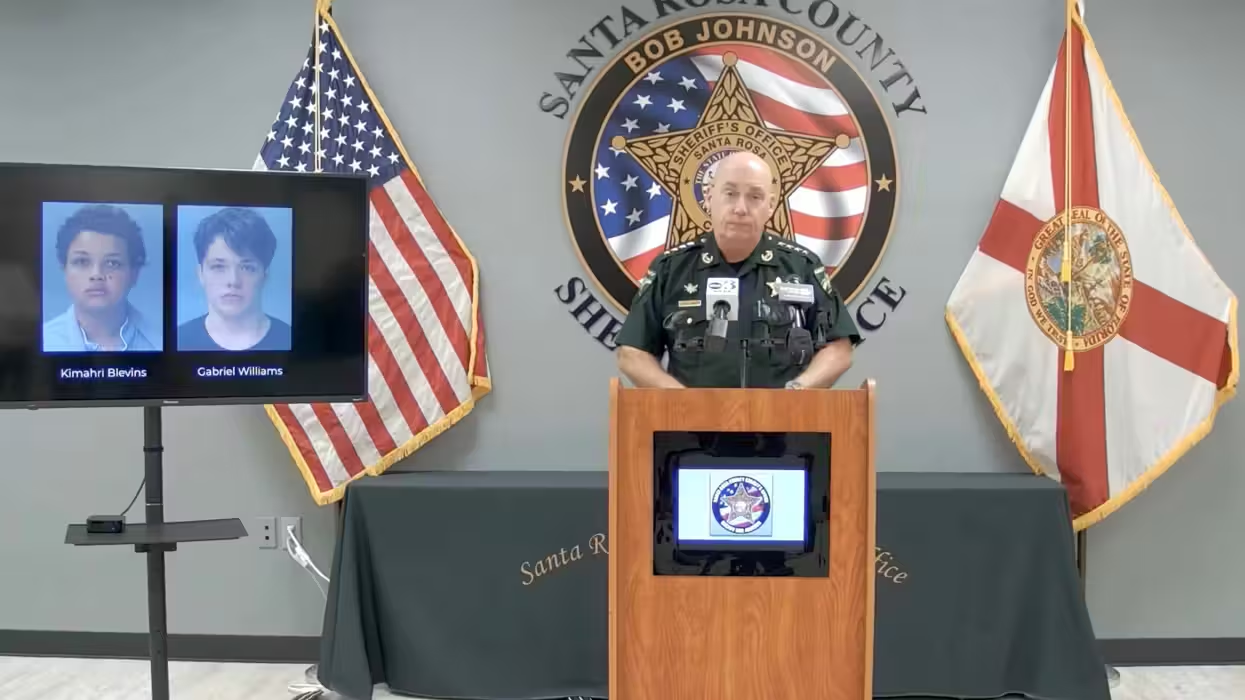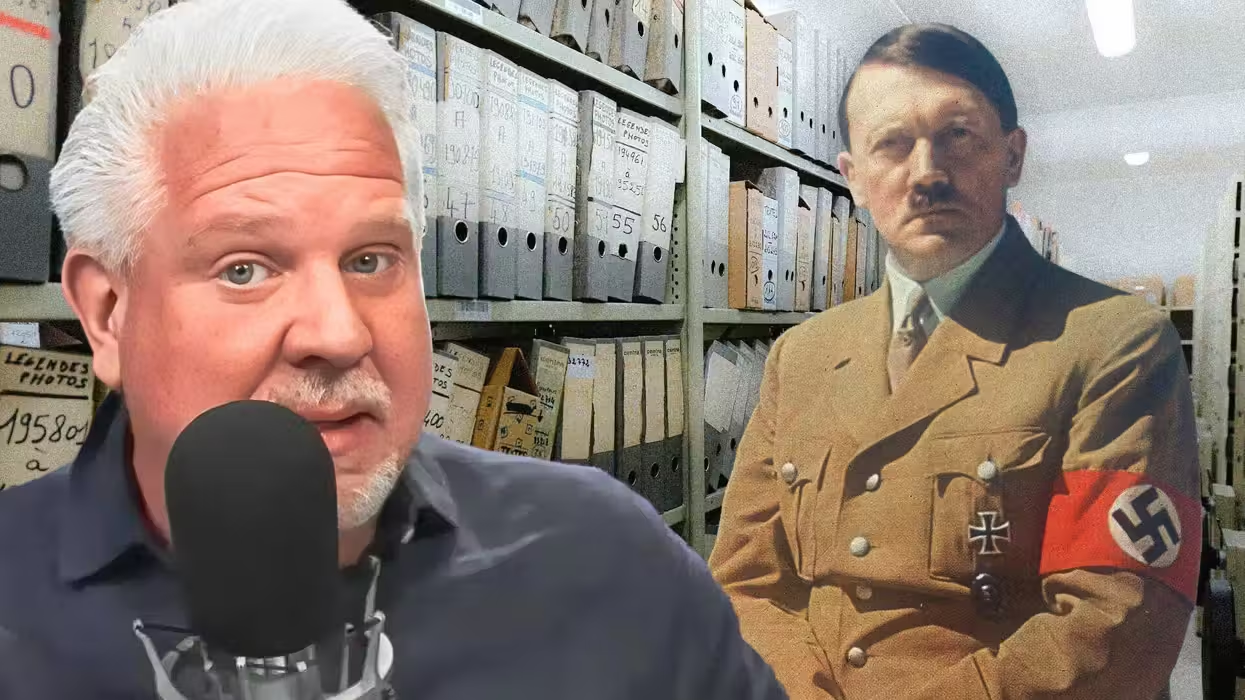© 2025 Blaze Media LLC. All rights reserved.
[This post contains spoilers about the seventh episode of 'Homeland' season three.]
 (Photo from Showtime / Twentieth Century Fox Film Corporation)
(Photo from Showtime / Twentieth Century Fox Film Corporation)
There was a point during tonight's episode of "Homeland" (titled "Gerontion," which refers to a T.S. Eliot poem) that I thought of "24." There have been many times during the three seasons of "Homeland" that the memories of CTU came flooding back - the creators of both shows are the same.
But while "24" was frequently great television (at least for the first few seasons), "Homeland" felt elevated by the psychological warfare placed inside the world of the CIA, and the cat-and-mouse that came from the Brody and Carrie relationship. But then came tonight, and Carrie sitting next to the man who has freely admitted to responsibility for the death of hundreds of Americans, including the head of the CIA, with her allowing him the upper hand to spin some version of events and her listening intently. And I couldn't help but think: 'Jack Bauer would never do this.'
Bauer wouldn't let this terrorist 'get away with it': yes, Saul and Carrie have spun a deeper plan that involves re-inserting Javadi, this terrorist (who just killed two more people) back into Iran, mostly unmonitored, to become an unwilling mole inside a regime they believe can be infiltrated. Or not. We'll see.
The fascinating thing about some of TVs most recent morally conflicted protagonists - Tony Soprano, Don Draper, Walter White - was they were excellent at what they did, but sometimes used their powers for evil. Carrie Mathison is essentially our protagonist here, but is she actually competent? We have seen very little to indicate she's not simply naive, emotionally reckless and unable to adjust from past mistakes. She's a hard person to root for, and even to root against.
Then there's the strange path of Saul Berenson, lame duck acting CIA Director. Upon Dar Adal's urging, he comes clean to Sen. Andrew Lockhart, who is on track to inherit his position in a couple weeks. But Lockhart doesn't support the double-and-triple-crossing plan - this idea that "our sworn enemies will magically switch sides."
And he's right. This is the same mistake Saul and Carrie made with Brody back when his vest didn't explode at the end of season one, but on a bigger scale. It would have seemed inconceivable to try to "turn" Abu Nazir into a CIA operative last season, so why does Saul believe his former friend and now admitted terrorist would do anything but spoil the plans? We're not supposed to side with Lockhart - Saul and Dar Adal lock him in a conference room in a genius bit of misdirection, and go about executing their sure-to-fail plans. Let's hope Lockhart can stop them before they willingly let the man responsible for bombing the CIA leave the country.
But before letting Javadi escape, both Carrie and Saul wanted to know some parting info. "Who's responsible for the bomb?" asked Saul, before being told it wasn't Brody, but one of "Abu Nazir's guys."
The rest of the emotional output was given to a car ride between Carrie and Javadi, having a heart-to-heart about life, and death. "Even I have never done anything so cruel," Javadi tells her, referring to what Saul put her through to lure Javadi into their plan. Crueler than killing hundreds with a bomb, and your ex-wife with a broken bottle, I guess?
Before Javadi boards his private plane and exits the country in luxury, he leaves Carrie with one nugget of information: the man who built the bomb didn't die, and is still in the U.S. - and Bennett his (now former) lawyer knows who it is.
The only other storyline this episode, which was free of the entire Brody family, involved Quinn and a detective played by Clark Johnson (a director on "Homeland" and actor on the fifth season of "The Wire"). Quinn was caught on a security camera at Javadi's ex-wife's house - conveniently, Carrie and Javadi were not seen. Quinn decides to admit to the killings himself, and the detective hangs this question on him: "Have you ever done anything but made things worse?"
Quinn's confession essentially served as a substitute for confessing to inadvertently killing the boy in Venezuela in episode one, and he tells Carrie he's "through" with the CIA, still dealing with the emotional baggage. It was a Jack Bauer-esque move, and one that resonated. Let's hope for more of that Bauer over-competence in the final five episodes of the season.
Want to leave a tip?
We answer to you. Help keep our content free of advertisers and big tech censorship by leaving a tip today.
Want to join the conversation?
Already a subscriber?
more stories
Sign up for the Blaze newsletter
By signing up, you agree to our Privacy Policy and Terms of Use, and agree to receive content that may sometimes include advertisements. You may opt out at any time.
Related Content
© 2025 Blaze Media LLC. All rights reserved.
Get the stories that matter most delivered directly to your inbox.
By signing up, you agree to our Privacy Policy and Terms of Use, and agree to receive content that may sometimes include advertisements. You may opt out at any time.






